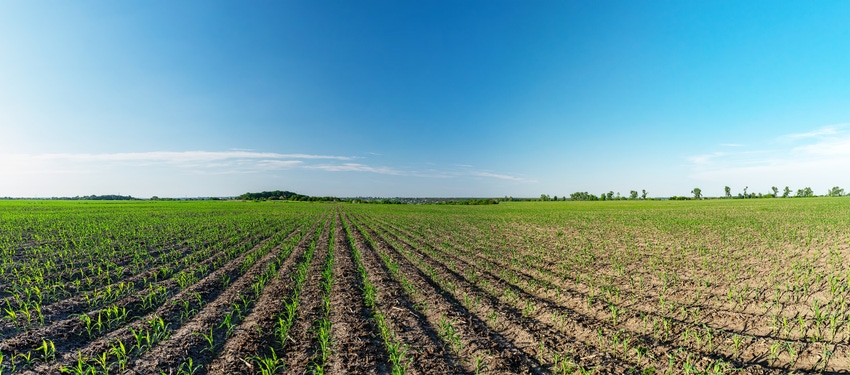January 2, 2020

The Atrazine Preliminary Interim Decision (PID) document published Jan. 2, 2020 in the federal register, opening a 60-day comment period.
“This PID is good news for farmers across America,” says Missouri Corn Growers Association CEO Gary Marshall, who chairs the Triazine Network.
The new atrazine PID corrects a recommendation made in the 2016 Ecological Risk Assessment to set the Level of Concern (LOC) at 3.6 parts per billion, an ultra-low level that would have banned the use of atrazine in much of farm country. Relying on several points of information, including EPA’s SAP recommendations, the agency modified the LOC to 15 parts per billion over a 60-day average.
“Through our diverse coalition of grower organizations, we met with EPA Administrator Wheeler and staff to provide specific details on why this product is tremendously important to farmers across the country, especially for weed control in conservation practices," says Marshall.
Utilized for over 60 years, atrazine is the most researched herbicide in history and has a proven safety record.
“Simply put, atrazine helps farmers control weeds that rob field crops of nutrients, water, and sunlight,” Marshall said. “Over the years, farmers have dramatically reduced application rates of atrazine. Through farmer-funded research, we have learned how to efficiently and effectively use it to control weeds and to help implement conservation measures like no-till farming.”
The publication of the atrazine PID in the Federal Register opens a 60-day comment period that ends on March 2, 2020. Marshall said it is crucial for growers to submit comments supporting the atrazine preliminary interim decision, explain how they use atrazine, and why it is important to their farming operations.
“EPA made a move to use credible science in its interim decision,” noted Marshall. “That won’t please some well-funded special interest groups that have targeted atrazine for many years. This is why we need comments in support of this decision from growers who actually use atrazine, and who understand its safety and value to long-term conservation efforts.”
Source: National Corn Growers Association
The source is solely responsible for the information provided and is wholly owned by the source. Informa Business Media and all its subsidiaries are not responsible for any of the content contained in this information asset.
About the Author(s)
You May Also Like




